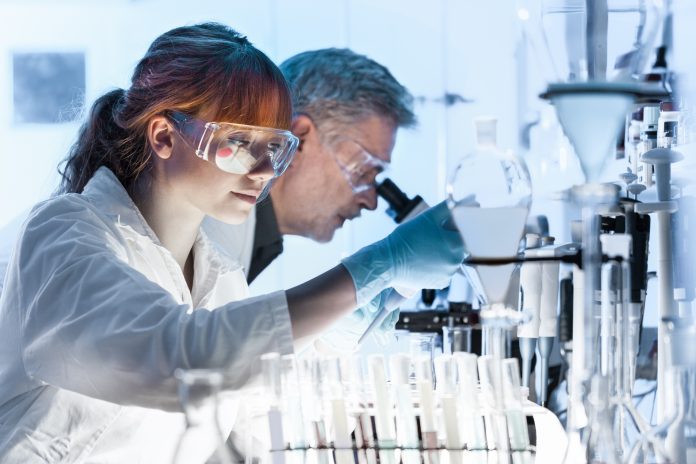QIMR Berghofer researchers have developed a way of testing whether or not Covid-19 patients’ immune systems are gearing up to fight the virus that causes the deadly disease.
They hope the discovery could be used to identify early on which patients’ immune systems are not responding appropriately, and who might therefore be at higher risk of becoming seriously unwell.
The prototype test detects high levels of two key chemical signals that are produced by T cells when they recognise SARS-CoV-2-infected cells and start to fight the infection.
SARS-CoV-2 is the virus that causes Covid-19.
T cells are the immune cells that recognise and destroy cells infected with SARS-CoV-2. They typically mount an early response, even before the body starts to produce antibodies.
Most importantly, T cells develop a lasting memory of viral infections, which enables the immune system to respond rapidly in the event of reinfection.
Study leader and the head of QIMR Berghofer’s Translational and Human Immunology Group, Associate Professor Corey Smith, says the researchers examined blood donated by 44 Queenslanders who had recovered from Covid-19.
He says their goal was to find out which combination of viral peptides could be used to stimulate T cells in the laboratory and allow researchers to measure their response to SARS-CoV-2.
“T cells produce a range of signalling molecules when they fight viruses,” Associate Professor Smith says.
“These signalling molecules are basically indicators of whether T cells are responding to the SARS-CoV-2 virus and are mobilising the immune army to launch an attack.
“If we can find a way to detect whether or not they are present, then we can find out whether or not a patient’s immune system is responding as it should.
“We isolated the T cells from the donated blood, exposed them to viral peptides, and measured the production of a number of different signalling molecules. We then compared the levels produced by T cells from the recovered COVID-19 patients with levels released by T cells from 20 healthy donors who had never been infected with SARS-CoV-2.
“We found that T cells from people who had recovered from Covid-19 produced larger amounts of the signalling molecules interferon-gamma and interleukin-2, which are involved in killing virus-infected cells and encouraging other T cells to come to the infected area.”
For further information, visit: onlinelibrary.wiley.com/doi/10.1002/cti2.1219










